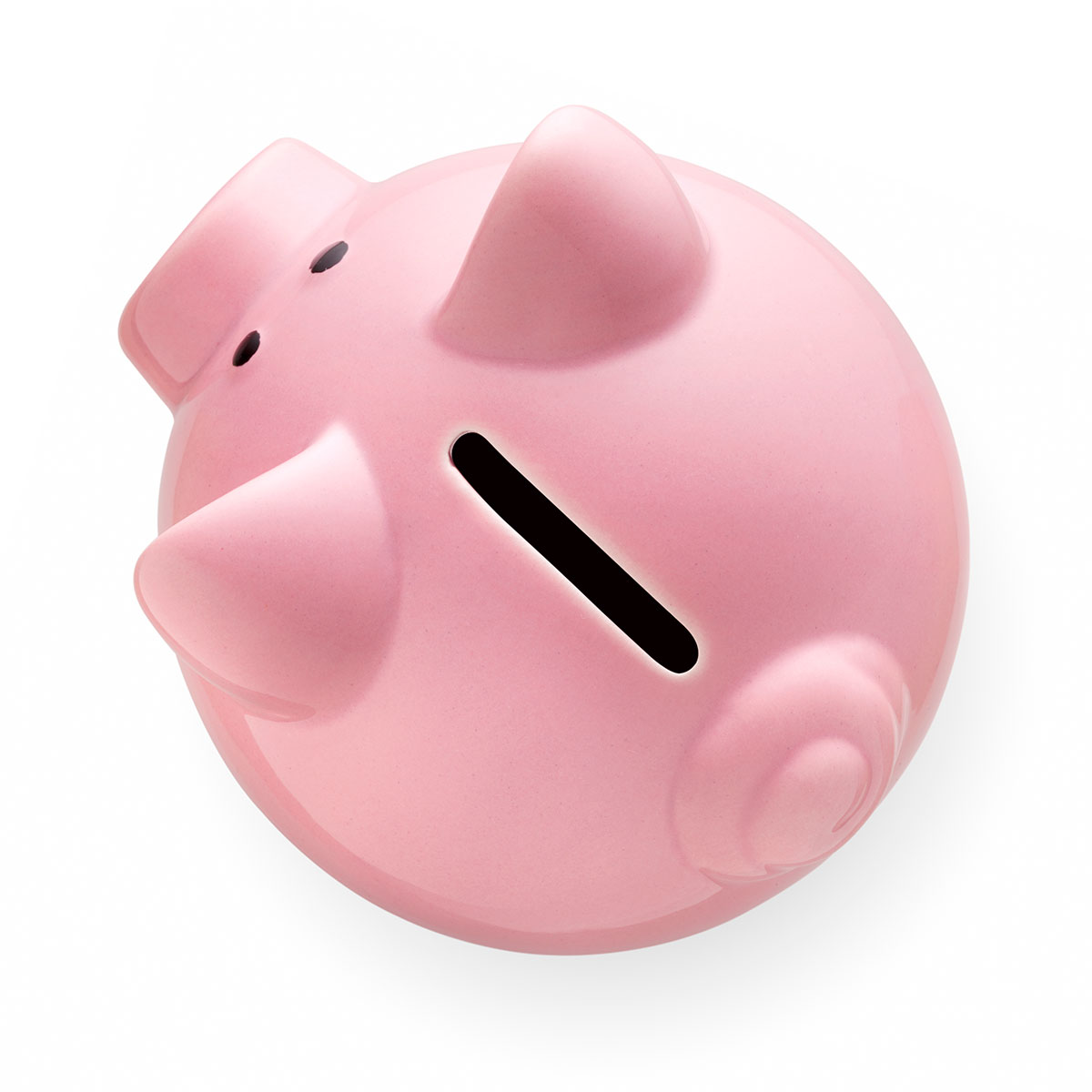Aside from the normal intermittent soreness that comes along with wearing braces, there are three types of “emergencies” that an orthodontic patient might experience during their course of treatment.
Brackets Breaking Off
One of the most common types of orthodontic emergencies is more of an annoyance than an urgent situation: broken brackets.
If you bite into something hard like an apple, sticky like taffy, or firm like a steak, there’s a good chance that a bracket is going to pop off of your tooth, due to the pressure put on it.
While orthodontic cement is very durable, it’s not permanent. Otherwise there would be no way to safely remove your braces once treatment is over.
Most orthodontists will allow for a few bracket repairs throughout the course of your treatment. After that, you’re responsible for paying for each replacement. The best practice is to avoid eating or chewing on things that put too much pressure on your braces at all.
Sharp, Broken Wires
Sometimes orthodontic arch wires slip out of the rubber band that holds them against the bracket. Or, the wire is too long and the end of it pokes into your cheek. There are a few different things you can try before calling your dentist:
- Using nail clippers to trim off the wire
- Placing orthodontic wax over sharp ends to prevent irritation to your mouth
- Using tweezers to fit the wire back into the bracket or under the rubber band
If none of these are an option, you need to see your orthodontist or a dentist right away.
If you’re able to temporarily fix the problem on your own, schedule a follow up appointment for the next time your orthodontist has an opening. But if your condition is something severe — like an archwire poking into your cheek or gums — you need to seek immediate dental or orthodontic treatment.
A Loose Appliance
If your child or teen has a fixed orthodontic appliance such as a palatal expander, space maintainer, lingual arch, or other large aid, there is just as much of a risk for it to come loose as there is a bracket falling off.
It’s important that you stick to approved foods so that you don’t inadvertently cause the bonding agent to give out. If you do, you could be left with something that’s cemented to one side of your mouth but loose on the other — making it impossible to eat and difficult to talk — but you won’t be able to fix it yourself.
Your orthodontist will need to use special tools to remove the bonded side, make any adjustments, then cement it back in place.
Do not attempt to “tough it out” until your next appointment; doing so could cause you to break a tooth by biting down on the appliance, or even worse, choke on it if the other side comes loose.
Could Braces Save Your Smile?
The good news is that wearing braces can actually help you protect your smile, should you get elbowed during a basketball game or slip in the bathtub. When someone without braces might get the tooth completely knocked out, braces can stabilize the bite as a whole and prevent the tooth from being avulsed. Yes, you would still need to see a dentist for immediate care, but there’s a better chance that your tooth won’t be as badly damaged.
However, the extra appliances on your teeth might still make you more prone to bumping your mouth or lips during athletic activities. Talk to your dentist or orthodontist about having a special type of protective mouthguard made that you can wear while you’re still in your braces.
No Insurance? What to do Next
No matter how significant your orthodontic emergency is, one of the first things running through your head might be how you’re going to pay for treatment. You can see your orthodontist or a family dentist for your emergency, but something that requires treatment will extend beyond the cost of what you’re paying for braces.
If you don’t have insurance, an orthodontic emergency could wreck your budget. Fortunately, a Cigna dental savings program like the ones at Cigna Dental Plans can save you 15-50% off of your appointment, within 72-hours of joining the plan. There are no annual limits and specialists are covered, including orthodontists. Contact the Cigna savings plan experts today to find a plan that meets your needs.







